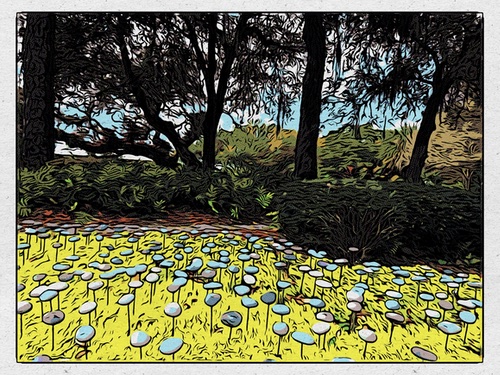This is a rich conversation around validation vs. reassurance, which I recently revisited. Go listen. (Seth Godin and Brian Koppelman, 7/7/2015, from The Moment podcast—from over 10 years ago, back catalog for the win!)
I recently re-listened. Then I took the audio file, had a transcript generated (from otter.ai), passed it to Claude.ai who wrote me a magnificent list of takeaways. I’ve been reading over them, thinking about them, and weaving the ideas into my thinking.
But I’m not publishing those takeaways because that would be devaluing Koppelman’s and Godin’s work. AI is a power tool which I use for various things. (For example, I use it to help me write show notes for my podcast episodes, which I do publish in full.) But I blog here to help my thinking (and in this case to encourage others to listen to a great podcast episode.)
I’m not trying to give you all the gems all polished up from something someone else created. If you want the gems, go listen; Find your way to get the gems. Because the gems are only valuable if you dig them out and polish them yourself.
ɕ
